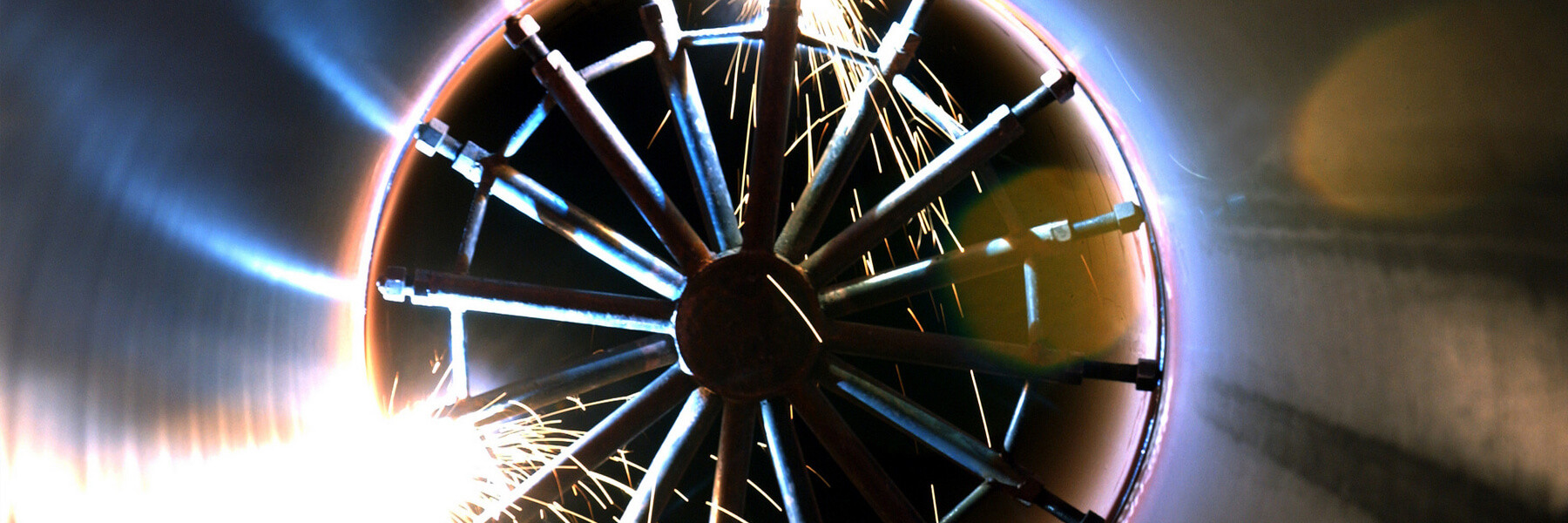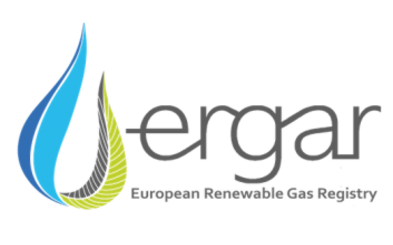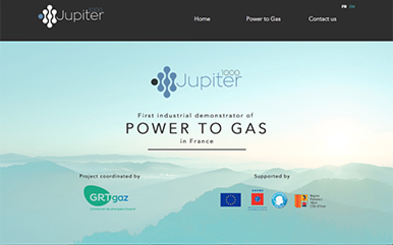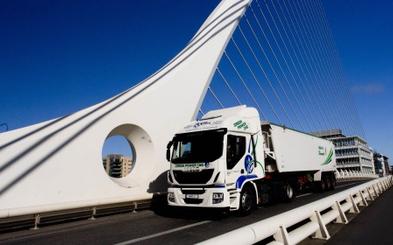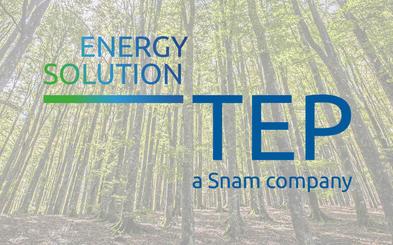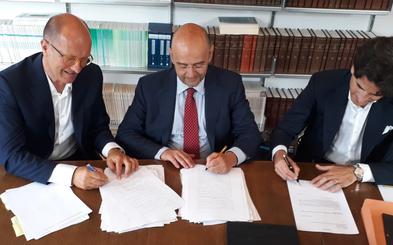INNOVATIVE PROJECTS PLATFORM

Regulation & business model
Innovation brings new opportunities to invest and creates new opportunities for new business models. However, without effective and efficient regulatory framework it is difficult to invest into new technologies. In the past, regulation of gas networks was mainly meant to foster competition and improve efficiency. Currently, it is generally believed that regulation can also facilitate the process of decarbonisation. ENTSOG Members (TSOs) engage in development of the new energy products and services to foster uptake of renewable and decarbonized gases into the grid. These regulatory efforts and business models you can find below in a list of projects
Energinet
ERGaR
ERGaR is founded as a cooperation between European registries of biomethane certificates that will enable cross border trade of biomethane certificates among the member registries. ERGaR will be the Europe-wide recognised organisation for administering and mass balancing volumes of renewable gases virtually distributed along the European natural gas network.
Contact: jbg@energinet.dk
GRT GAZ, TERÉGA
Jupiter 1000
Teréga with GRTgaz developed a demonstration project for Power to Gas in Fos-sur-Mer. The aim of this initiative is to help shape this new sector by developing the technologies concerned, building the associated economic and regulatory models, and overcoming current technical reservations.
Contact: jeanmarc.brimont@grtgaz.com, cecile.boesinger@terega.fr
Gas Networks Ireland
The Causeway Project
The Project will see the formation of a national Compressed Natural Gas (CNG) refuelling network, a renewable gas injection facility and the deployment of a fleet of CNG vehicles.
Contact: Dan.Fitzpatrick@gasnetworks.ie
Energinet
Digital certificates
Energinet issues digital certificates for injected biomethane which represent the “green” value of energy produced from biogas, a renewable energy source. The green value of the upgraded biogas may be traded commercially.
Contact: jbg@energinet.dk
Snam Rete Gas S.p.A.
TEP Energy Solution
The acquisition of TEP Energy Solution (TEP), one of Italy’s leading enterprises in the energy efficiency sector, is part of Snam’s strategic plans aimed at facilitating decarbonisation and better energy use in the areas where it operates. Snam intends to accelerate TEP’s growth process, with the support of the company’s management, and facilitate the transfer of energy efficiency know-how and technologies from large businesses to small and medium-sized enterprises and local institutions.
Contact: salvatore.ricco@snam.it
Swedegas AB
Virtual trading using the Green Gas Principle
The Green Gas Principle allows biogas producers and consumers who are connected to a gas network to trade virtually in biogas in the same way that trading takes place in renewable energy. The principle is based on tax exemption and sustainability features being linked to the biogas via agreements and not via its physical route. As the infrastructure has not yet been developed to the same extent as in many other European countries, the Green Gas Principle has been established in Sweden to facilitate biogas trading between different gas networks.
Contact: hanna.paradis@swedegas.se
Snam Rete Gas S.p.A.
IES Biogas
The acquisition of IES Biogas, one of the leading Italian companies in the design, construction and management of biogas and biomethane production plants, will enable Snam to develop biomethane plants, leveraging IES Biogas’ managerial expertise, and to promote the use of biomethane in the transport sector. The acquisition of IES Biogas has been performed by Snam4Mobility, the company through which Snam has been developing infrastructure for refuelling compressed natural gas (CNG) and liquefied natural gas (LNG) engines. The growing interest of the market for sustainable mobility powered by methane and biomethane shows that there is great potential for alternative uses of gas.
Contact: salvatore.ricco@snam.it
Snam Rete Gas S.p.A.
Cubogas
With the newly created company Cubogas, wholly-owned by Snam4Mobility (the Snam company developing infrastructure for refuelling CNG and LNG engines), Snam has enlarged its activities with a business arm dedicated to technological solutions for natural gas supply stations. Snam will be able to increase the level of service it offers to investors in natural gas- and renewable gas-powered transport, as it will be supplying one of the best technologies for pollution reduction available helping the improvement of air quality.
Contact: salvatore.ricco@snam.it
Amber Grid
Green gas Guarantees of Origin
The development of green gas market brings Lithuania closer to the task of reducing climate change impacts and becoming the country of green energy. Amber Grid from 1 June 2019 administers the National Register of GOs of gas produced from RES, in other words, performs the functions of issue, transfer and cancel of Guarantees of Origin (GO), and supervises and controls the use of GOs as well as provides the recognition of imported GOs.
Contact: GO@ambergrid.lt
